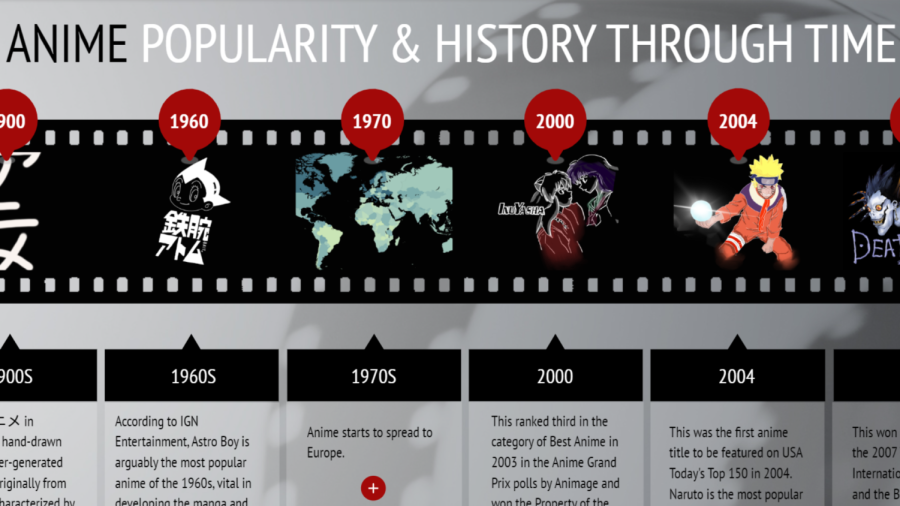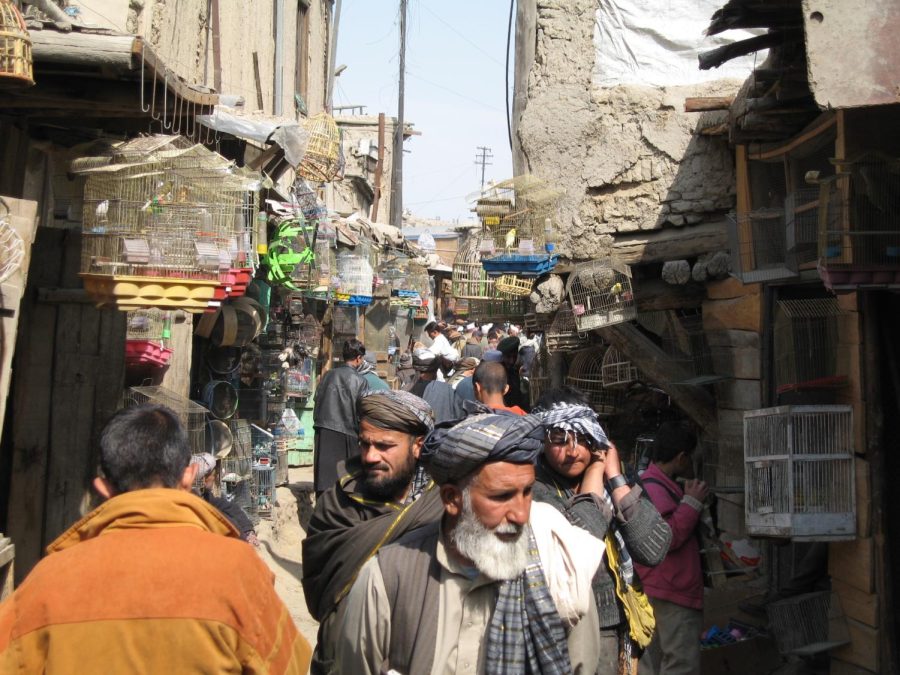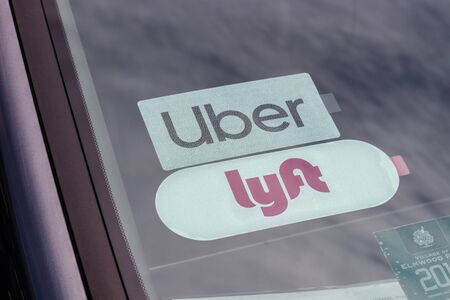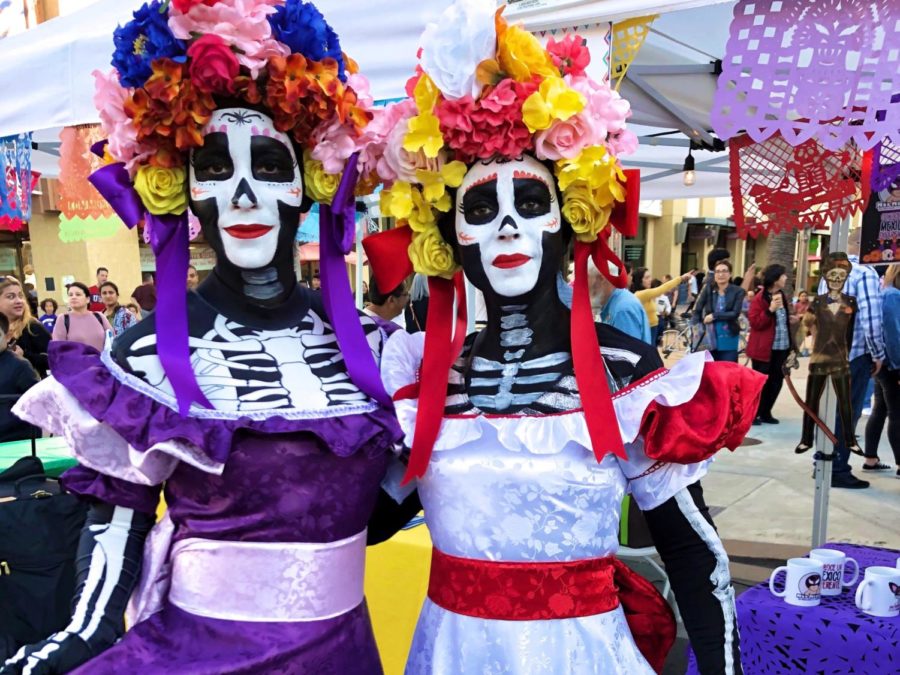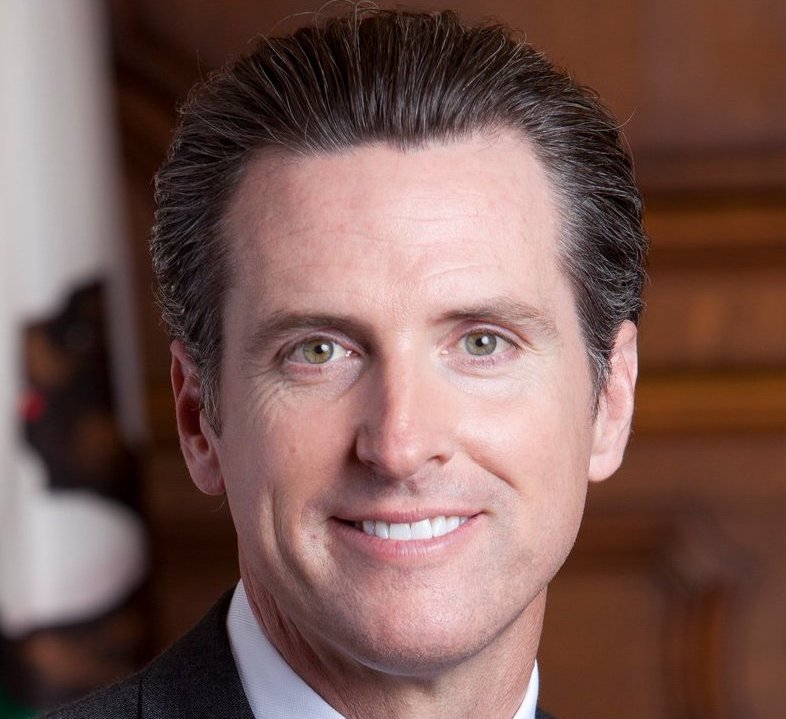Although many people are familiar with the LGBT (Lesbian Gay Bisexual and Transgender) community, some transgenders and bisexuals often continue to struggle to remain part of the same movement as lesbian and gay citizens and to be included in rights protections.
“The LGBT community endures a lot of hardship, inequality and struggles against the same parts of society stubbornly refusing to accept diversity,” said senior and transgender Lily Zheng.
LGBT is a term used to define this community and is intended to emphasize a diversity of sexuality and gender identity-based cultures.
Although the LGBT community has found some success in their protests for equality, some have noticed an uneven support and distinction between each group. For example, the LGB goal of same-sex marriage legislation and human rights work are not inclusive of transgender and intersex people.
While gay and lesbian couples have slowly earned the right for marriage, to adopt children and have seen increased social acceptance in society through gay-straight alliances and youth specific activism activities, some have observed a lack of support for bisexuals and transgenders. Some issues include finding a strong support system in their community and health insurance companies that will cover the cost of sex reassignment surgery.
“There are few group and systems for transgender youth. I have not managed to find any support systems that would be beneficial to getting through my specific situation,” added Zheng.
As a result, this has caused some bisexuals and transgenders to have the tendency to be “invisible” in public and form their own communities, culture, and political movements as they face exclusion from both homosexual and heterosexual society.
Acceptance of transgenders and bisexuals has had a complex history. The gay community did not distinguish between sex and gender identity until the 1970s, and often perceived gender variant people more as homosexuals who behaved in a gender-variant way than as gender-variant people in their own right.
Consequently, one distinct division within the LGBT community is the misconceptions towards transgenders and bisexuals.
“Transgender is not a sexual orientation. Transgenders receive support in the form of people verifying their identity and are ‘bullied’ or mistreated when people refuse to verify their identity. Many misconceptions that people have regarding the transgender community are consistently and easily taken as insults,” said Zheng.
Additionally, Zheng notes that bisexuals and transgenders have received an uneven amount of attention from the public.
“Gay and lesbian individuals have experienced a staggering amount of media coverage and exposure from celebrities, such as Neil Patrick Harris and Ellen Degeneres and consequently have a massive support group. Bisexual individuals have received scorn and incredulity on a public level and Transgender–hardly anyone knows what the word means.”
Despite the divisions within the LGBT community, Zheng believes that the LGBT group will learn to cooperate and secure equality for everyone,“The LGBT community can learn from their triumphs and failures much like society can learn from the struggles of discriminated peoples: constant vigilance and perseverance will lead to equality.”

